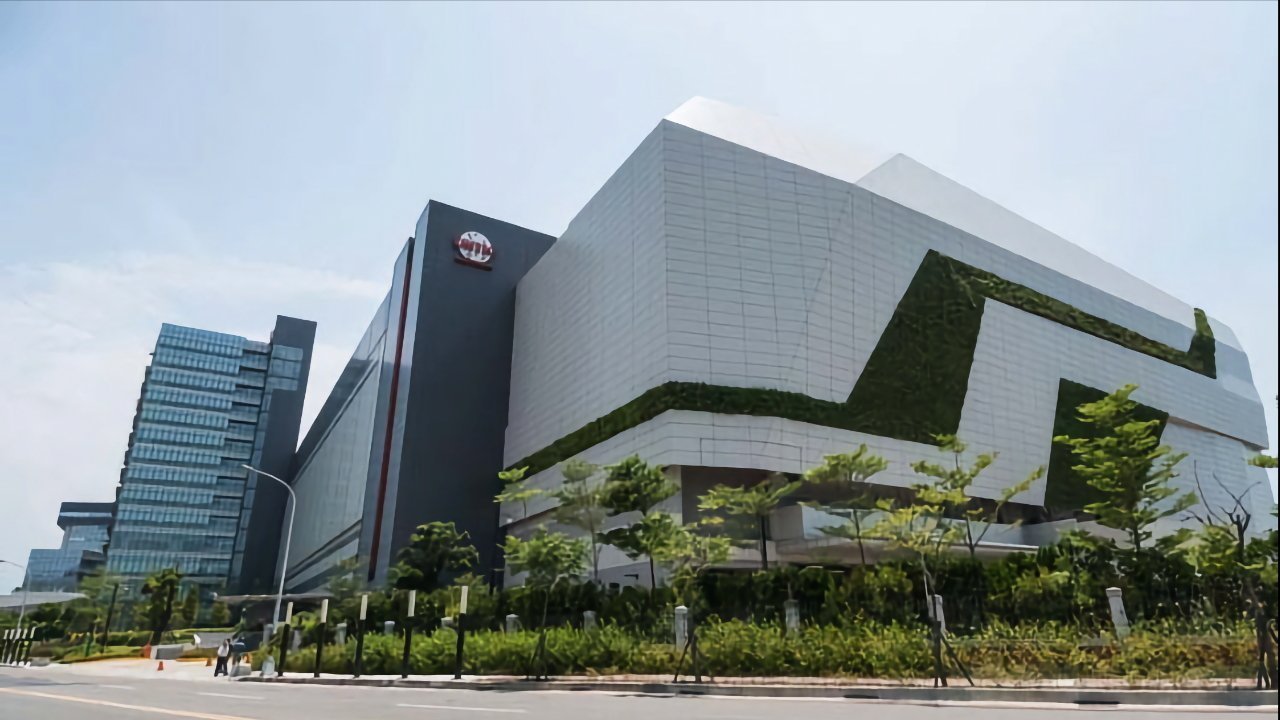ASML Holding (AS:ASML) and Taiwan Semiconductor Manufacturing (TSM) have mechanisms to disable their advanced chipmaking machines if China invades Taiwan, Bloomberg News reported on Tuesday.
The US government has been growing increasingly concerned about the potential escalation of Chinese aggression towards Taiwan, which produces most of the world's advanced semiconductors.
ASML has reassured Dutch officials about its ability to remotely disable its extreme ultraviolet (EUV) machines, which are crucial for producing the smallest microchip transistors used in AI and military applications. The Dutch government has conducted simulations to understand the risks better.
The EUV machines are the most sophisticated in the world and require regular maintenance and updates. This necessity allows ASML to remotely shut off the machines if needed, effectively acting as a kill switch.
The Veldhoven, Netherlands-based company is the sole manufacturer of EUV machines, which sell for over €200 million ($217 million) each.
ASML's technology is tightly controlled to prevent it from being used by rival nations. The Netherlands, under US pressure, prohibits the sale of EUV machines to China.
Recently, the Dutch government also began halting exports of ASML’s next-most advanced chipmaking machines due to US pressures, measures that are expected to impact up to 15% of ASML's sales to China this year.
ASML's EUV technology has made it Europe's most valuable tech stock, with a market capitalization exceeding $370 billion, more than double that of its client Intel Corp . (NASDAQ:INTC). Since the EUV machines were first developed in 2016, ASML has shipped over 200 units to clients outside China, with TSMC being the largest purchaser.
The need to maintain EUV machines very frequently presents a significant challenge, Bloomberg’s report states. Without ASML’s spare parts and on-site servicing, these machines would quickly become inoperative. Maintaining EUVs requires a clean room environment, where engineers must wear special suits to prevent contamination.
TSMC Chairman Mark Liu, in a September interview with CNN, suggested that any attempt to take control of Taiwan would result in the company's chipmaking machines becoming out of order.
“Nobody can control TSMC by force,” Liu said. “If there is a military invasion you will render TSMC factory non-operable.”

TSMC's Apple chip lines can be remotely disabled if China invades Taiwan
As saber-rattling about a Chinese invasion of Taiwan grows, two Apple suppliers have confirmed that they can scuttle chip production lines from outside the country, should the need arise.

